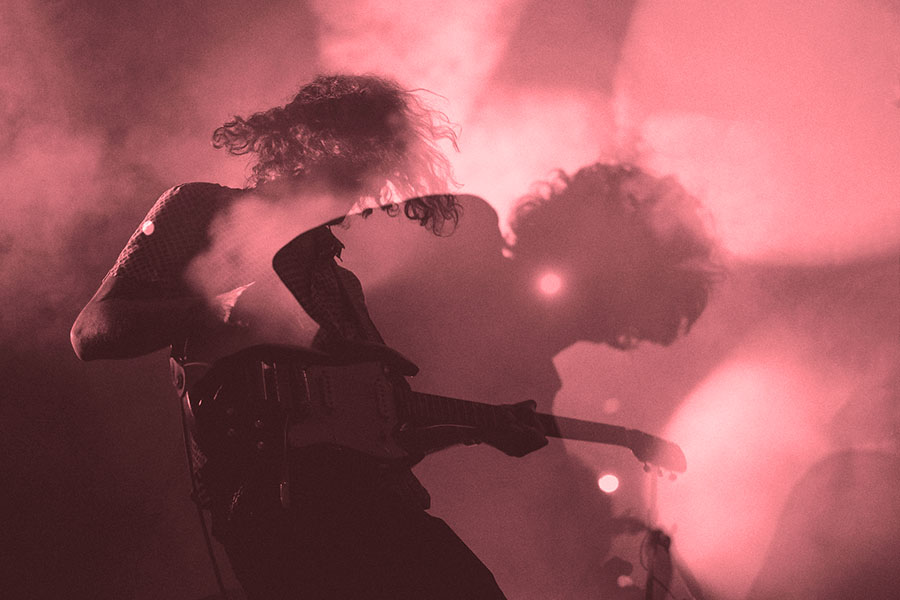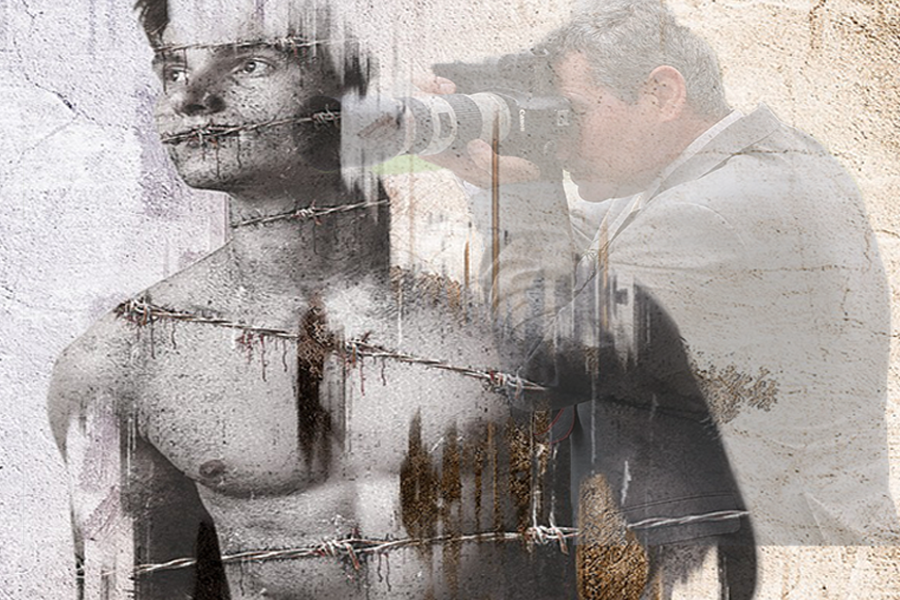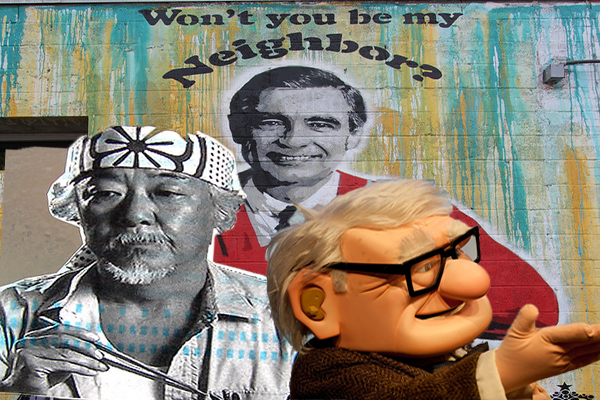
Music As A Rebellion Against Traditional Masculinity
Like a lot of young men, I picked up a guitar in middle school and I’ve been intermittently devoted to it ever since. I had already started rebelling against my dad and the classic model of masculinity that he represented: a scientifically minded athlete turned soldier and savvy investor who had worked hard to secure a comfortable life for his kids and ex-wife. I was angry about my parents’ divorce and the fact that my dad had missed most of my childhood serving in the war on terror. I didn’t want to be like him anymore, I wanted to go in the opposite direction.
I wanted to be an artist, musician, and adventurer who lived recklessly. Music seemed to give me that path. To me, music seemed to represent freedom and independence rather than bootlicking and conformity. Tom Brady, Batman, and my father were no longer my heroes, now I idolized people like Jimmy Page, Kurt Cobain, and Jack Kerouac. Most embarrassingly, I went through a brief but intense black metal phase.
The Teachings of #MeToo
#MeToo started when I was in college and it’s had a more positive effect on me than any other social movement I’ve seen in my lifetime. It’s given me opportunities to grow as a person that I didn’t realize until I started brainstorming for this article. This movement has taught me about consent, sex ed lessons I never learned in school, helped me empathize with victims, and taught me how to talk to women as people. After learning all that, I started to realize how problematic a lot of childhood idols were.
#MeToo And Childhood Idols Collide
There’s way too many musicians who have been accused of horrible sex crimes to come up with a snappy lede, or to even begin trying to name all of these people. I didn’t become aware of the stereotype of pop punk singers molesting children when Front Porch Step was arrested in 2015, right after I graduated high school. This was the summer that I happened to notice that Drake Bell spent a lot of time getting into public Twitter discussions with young girls, but I didn’t think anything of it. I assumed these were the only people who liked his music and he was just trying to reach out to his fans. I guess I wasn’t wrong, but I also wasn’t right.
This was two years before #MeToo went viral and I remember reading an Op-Ed that I haven’t been able to find since about Front Porch Step and how the problem of sexual misconduct amongst pop punk was partly because we still lionize the “sex drugs and rock & roll” mystique of classic rock bands like Led Zeppelin. At the time I thought this was a little far fetched but it did lead me to read When Giants Walked the Earth, an in-depth biography of my favorite band. It changed my mind about my heroes. It mentioned that my idols were a bunch of grifters. They outright plagiarized some of their most popular songs and they “borrowed” most of the rest. More importantly and disgustingly, there a lot of ugly sex crimes in that book
For instance, Jimmy Page had a 14 year old girl, Lori Maddox, kidnapped, raped her, and then kept her as a sex slave for several years. This wasn’t some 70s fling that we can’t understand because it was a different time. What Jimmy Page did was wrong even by the standards of the time and, in my opinion deserves to be incarcerated.
When Giants Walked the Earth shattered my relatively innocent view of rock music but didn’t immediately spark any monumental changes in me. Jimmy Page kidnapping a girl and keeping her as a sex slave is the darkest part of that book, but it’s not the only incident of sexual misconduct in that band’s biography. But to a virginal teenager, the rest seemed relatively normal and forgivable. As did the “antics” of a lot of the other rock stars I still looked up to. I assumed they were all too drugged up to think clearly.
Jimmy Page seemed to be everything that I wanted to be. He played guitar better than I possibly could. He had charisma, he had a quirky but sick sense of fashion, and he seemed popular with women. As embarrassing as it is to admit now, I thought Jimmy Page was a significantly better model for masculinity than Tom Brady.
But as #MeToo gained momentum and I realized that every single woman I’d ever met had stories of sexual harassment and assault, the more I realized I couldn’t justify the behavior of these creeps. It wasn’t just Led Zeppelin, it seemed like it was every other band and artist ever. For awhile I was so disillusioned I gave up music completely.
Eventually I returned to my love for music and started finding artists that didn’t have questionable morals. I moved on from idolizing my adolescent heroes to simply acknowledging them. As I continue to learn more from the #MeToo movement, I implore other men to do the same. We need to scrutinize other men we put on a pedestal. We need to question their morals and characters as one day they may be models for our children.
RECENT MACULINITY PIECES POSTS
-
#MeToo Taught Me That I Was Idolizing Problematic Rock Stars

To me, music represented freedom and independence. Tom Brady and my father weren’t my heroes. I idolized people like Jimmy Page. But then, #MeToo started.
-
Mind Over Muscle: The Relationship Between Media and Male Image

The leading men of today capture the screen with rolling abs, and bulging biceps packed into tight knit sweaters. While they’re not the only models young men look up to, they’re certainly the most popular. But how healthy is that?
-
A Look At The Most Wholesome Movie Trope That Vanished

The other day, I was watching The Karate Kid and I noticed this movie featured a movie trope that had fallen by the wayside.
-
A Teenage Father’s Journey (Pt 2): Mason’s Arrival and Tips for Other Teen Dads

An interview about the ups and downs of a 19 year old’s experience in fatherhood, marriage, and life (continued). And tips for other teen dads
-
A Teenage Father’s Journey (Pt 1): The Prologue of Mason

An interview about the ups and downs of a 19 year old’s experience in fatherhood, marriage, and life.

Pingback: I Witnessed A Hate Crime And Was Too Cowardly To Intervene - He,Him,His